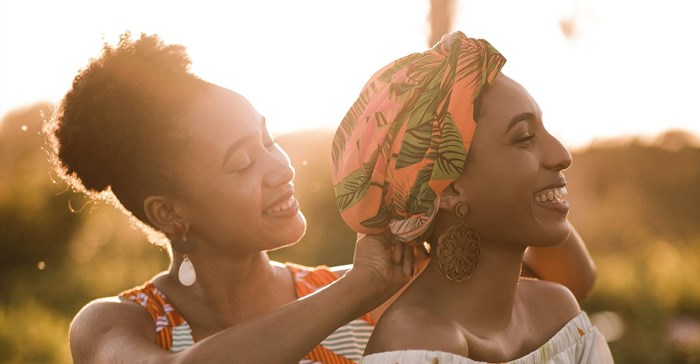In February, South African singer Tyla became the youngest person from Africa to win a Grammy Award. Her song Water made the top ten in 16 countries, including the United Kingdom and US, and was the first song by a South African soloist to enter the US Billboard Hot 100 in 55 years. Tyla's Wikipedia page is in the top 600 articles viewed on English Wikipedia for February.
Well-documented
We can celebrate the achievements of African women like Tyla because their contributions are recognised and well-documented. At the same time, we must also acknowledge that our history remains incomplete as many women and their contributions are excluded or missing from public records.
Wikipedia, one of the world's largest knowledge resources, with 62 million articles in over 300 languages and 15 billion views per month, plays a crucial role in shaping our understanding of the world. It relies on content written by over 265,000 volunteer contributors worldwide (known as the Wikimedia movement), who add reliable information on the website based on verifiable sources and presented from a neutral point of view. Thus, content on the world’s largest online encyclopedia depends on the availability of existing published sources to verify the facts in its articles.
Nathan Geffen and Anton van Zyl 8 Mar 2024
As women have been left out of historical narratives and traditional sources of knowledge, the issue is further reflected on Wikipedia where women remain significantly underrepresented. Today, only 19% of Wikipedia biographies are about women. That means out of the almost two million biographies, less than 400,000 of them are about women. Similarly, while nearly half (49%) of Wikipedia's readers are women, only 13% of active editors on Wikimedia projects identify as women.
To truly reflect the complexity and richness of the human experience, it is essential that Wikipedia actively engages and includes more content about and contributions from women — cis, transgender, and non-binary — from around the world.
Wikimedia communities in Africa, and particularly sub-Saharan Africa, are some of the fastest-growing around the world. Although people living in Africa remain underrepresented among Wikimedia contributors, a 2020 report found that new contributors to Wikimedia projects are three times more likely to come from Africa than other regions.
Contribution
African Wikimedia communities have also been leading efforts to bridge the gender gap on Wikipedia and other Wikimedia projects. Over the past few years, I have witnessed many inspiring African women volunteers taking steps to promote gender equity and enhance access to information, education, and women's participation on the continent. From a seasoned librarian from Nigeria who has trained over 300 African librarians to contribute to Wikipedia or another librarian in Uganda who single-handedly contributed over 70 Wikipedia articles mostly about women politicians — these contributions bring Wikipedia closer to becoming more reflective of our real world. The results are promising:
Thanks to the dedication of volunteers in sub-Saharan Africa, for example, there has been a 26% increase in information about women and women-related topics on Wikimedia projects over the last two years.
Wikipedia’s vision of sharing comprehensive human knowledge with everyone cannot be fully achieved without equitable representation of women. There are several ways that people can contribute and improve gender equity on Wikimedia projects — from editing a Wikipedia page, to attending an online event or edit-a-thon. We also call on everyone — journalists, academics, thought leaders, individuals and organisations across the information landscape — to increase their coverage of women. This will help build out the ecosystem of secondary literature that Wikipedia volunteers rely on to create and improve content about women. This Women’s Month, as we celebrate our progress, we also recognise the long road ahead and call upon everyone to help us! Together, we can close gender gaps, #ChangeTheStats, and make the internet a more equitable place.

































